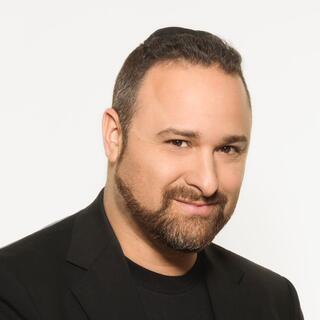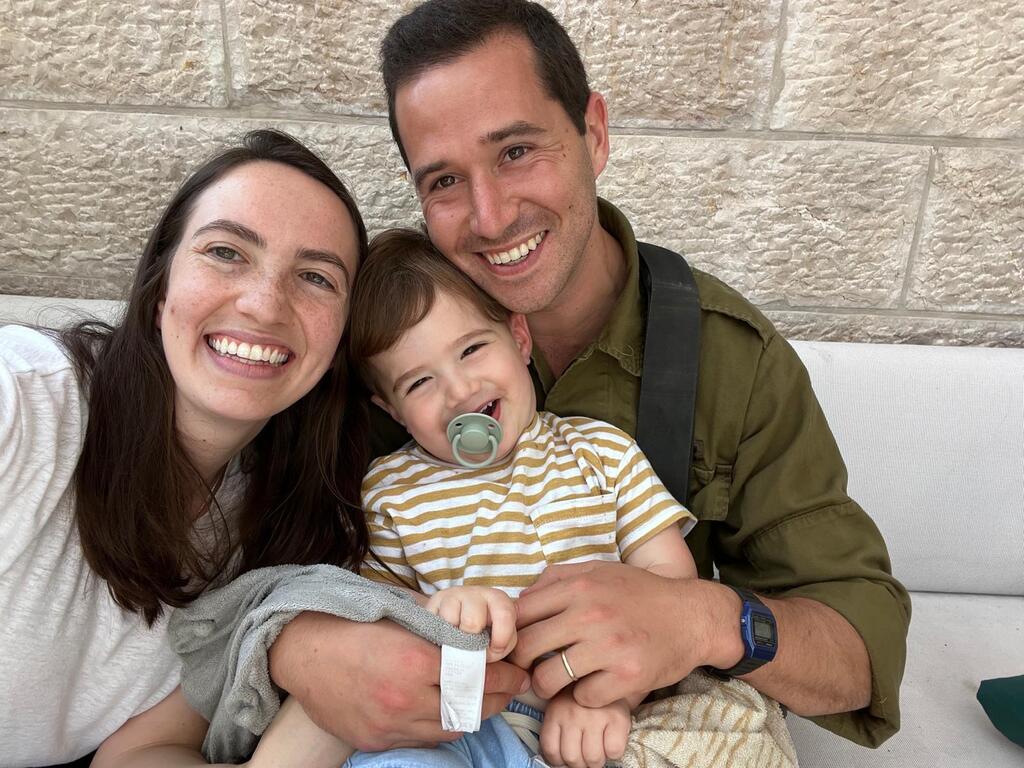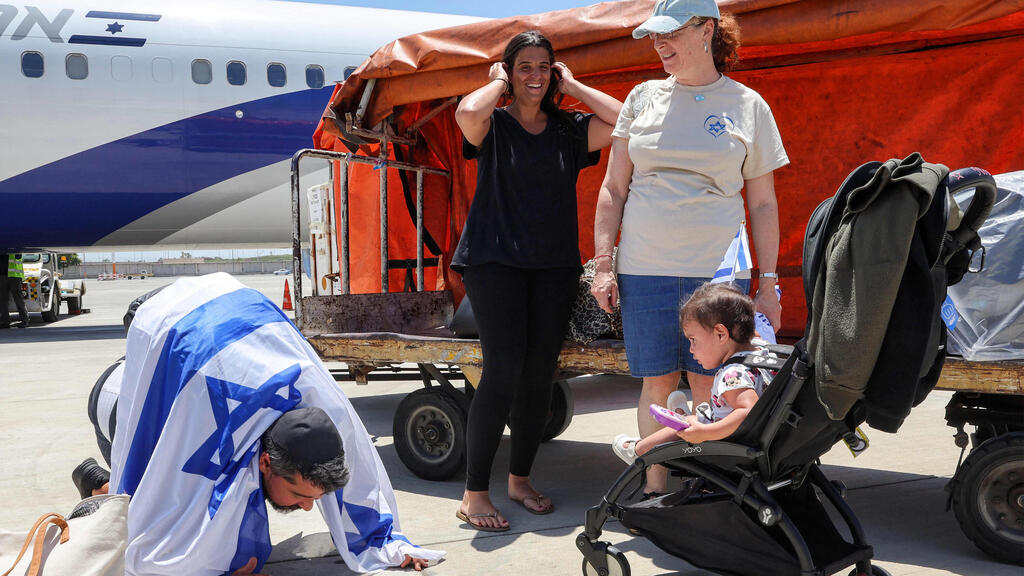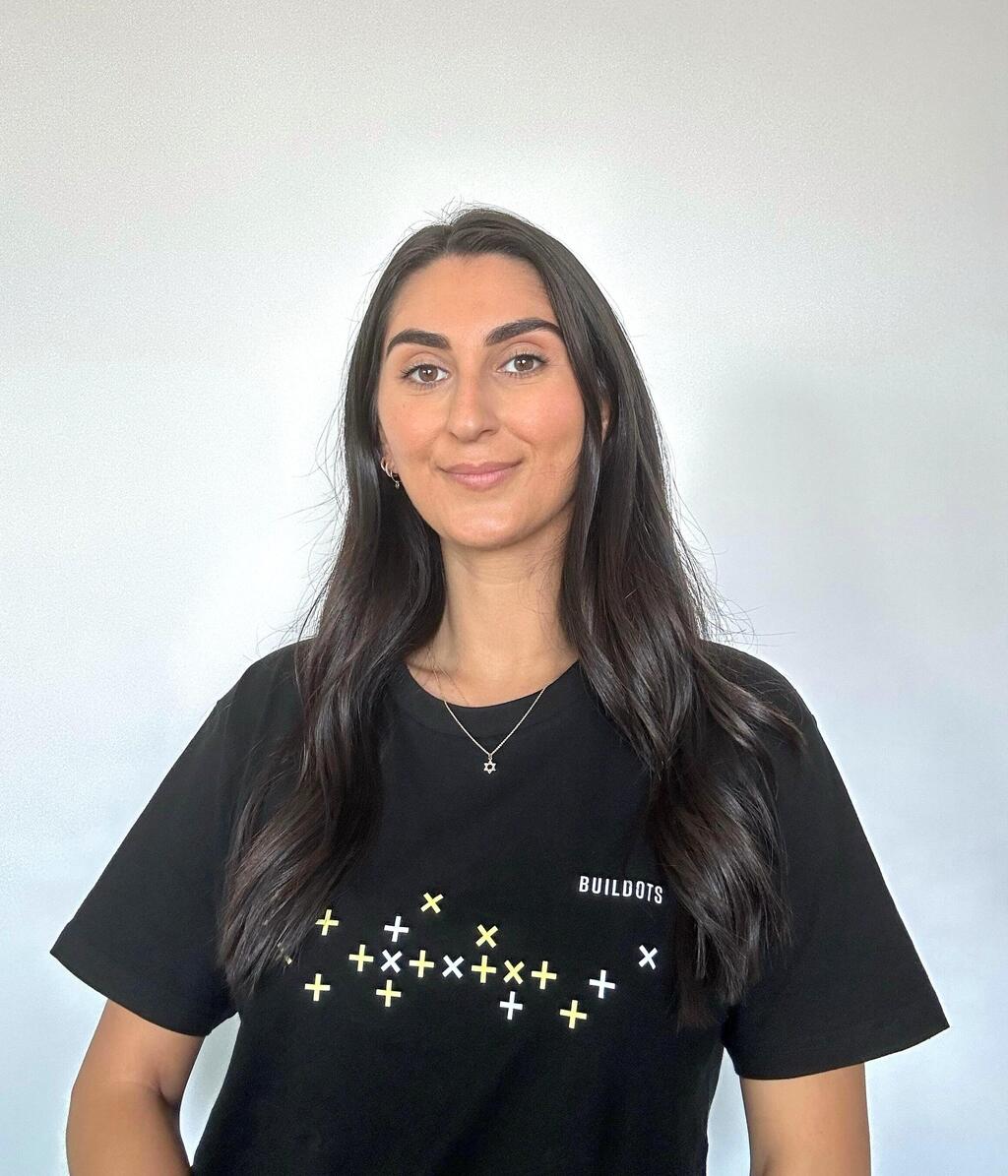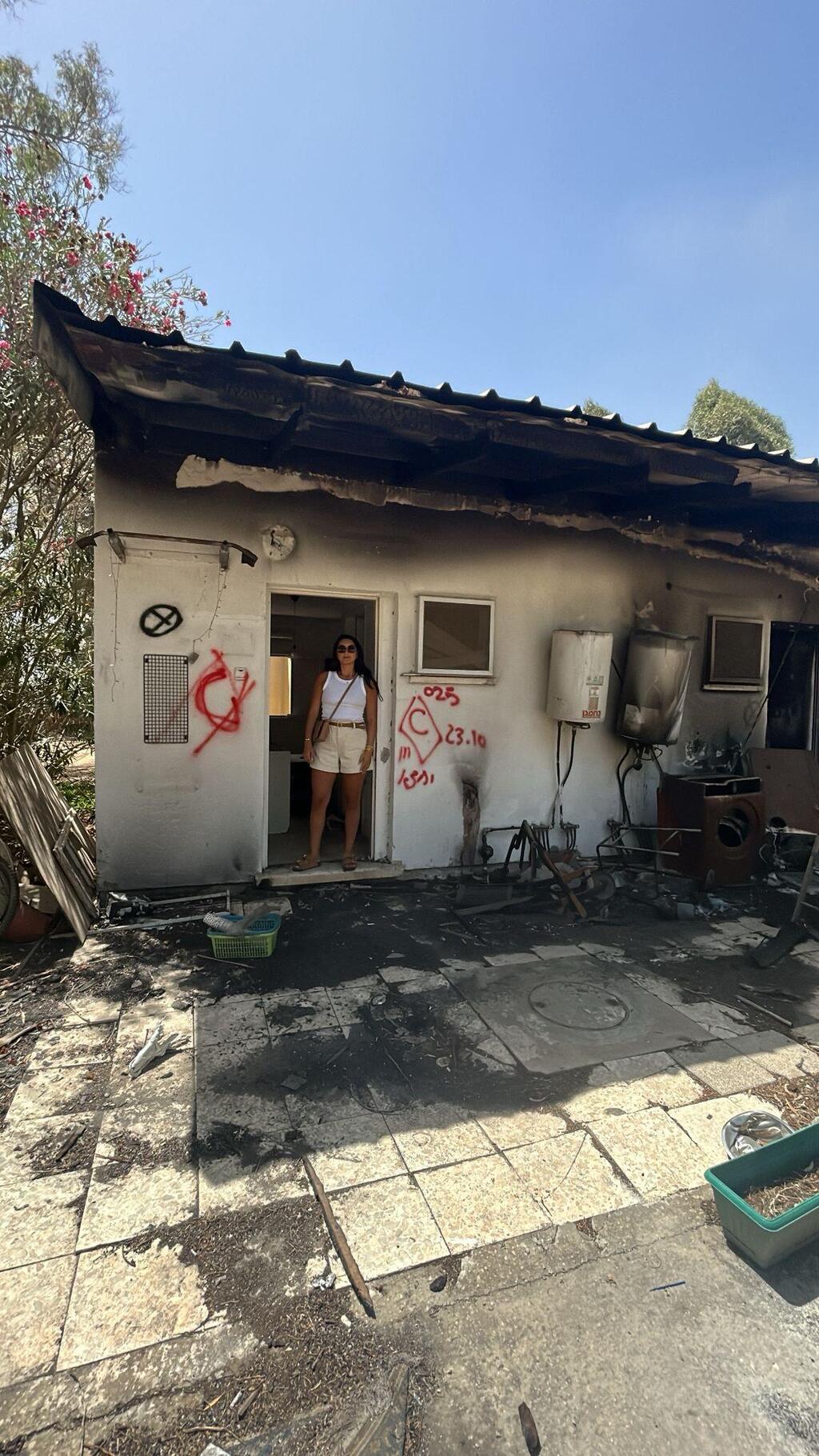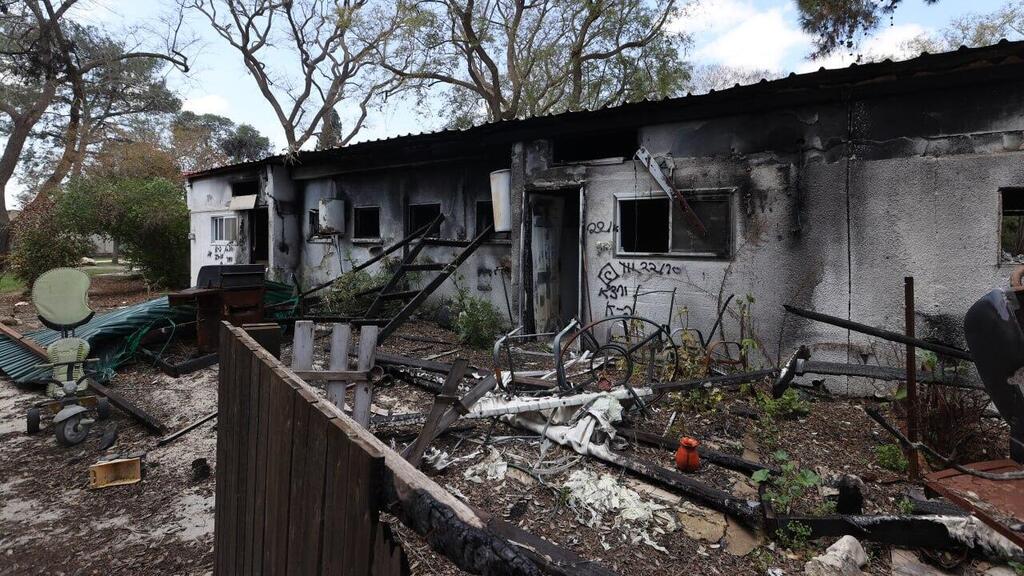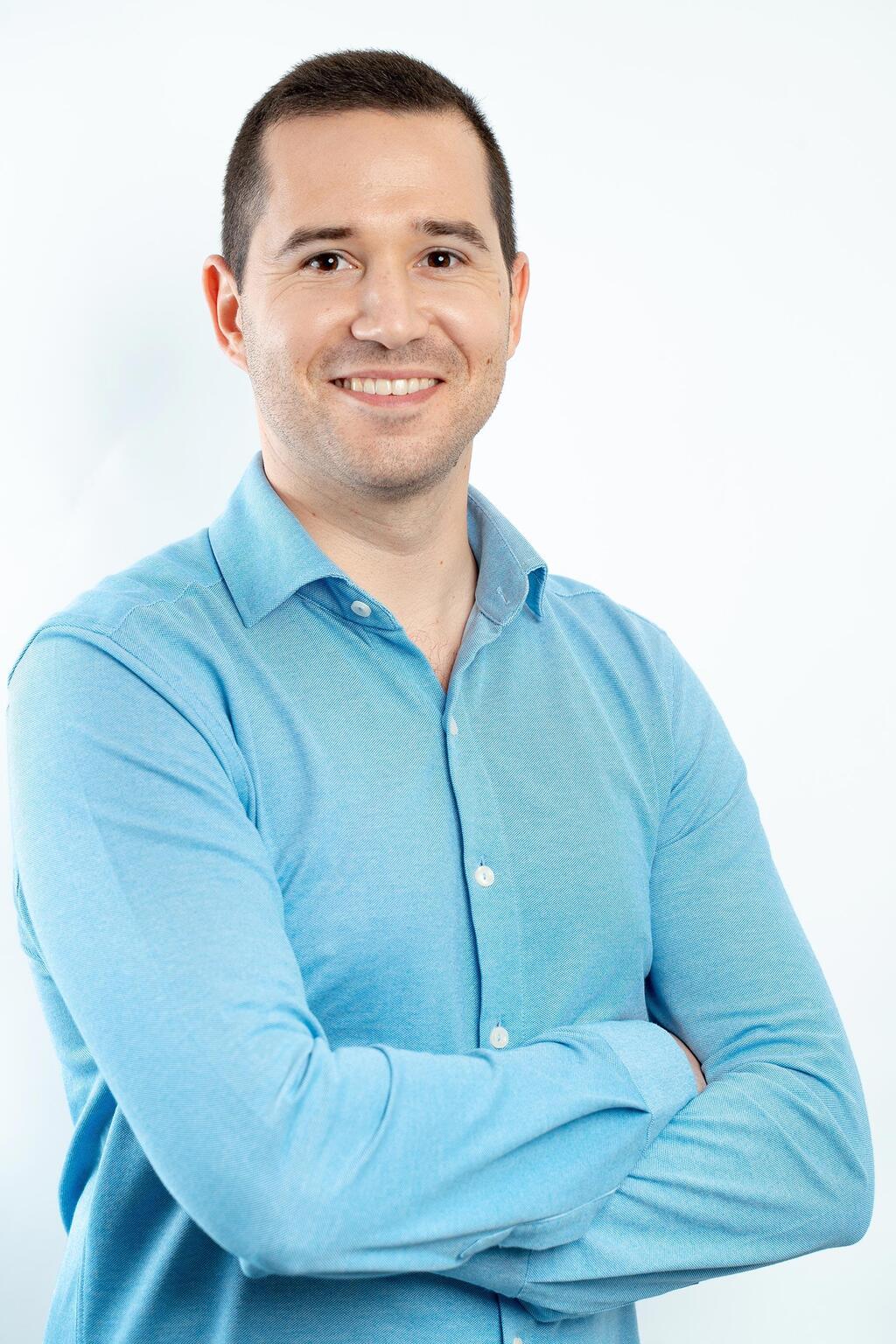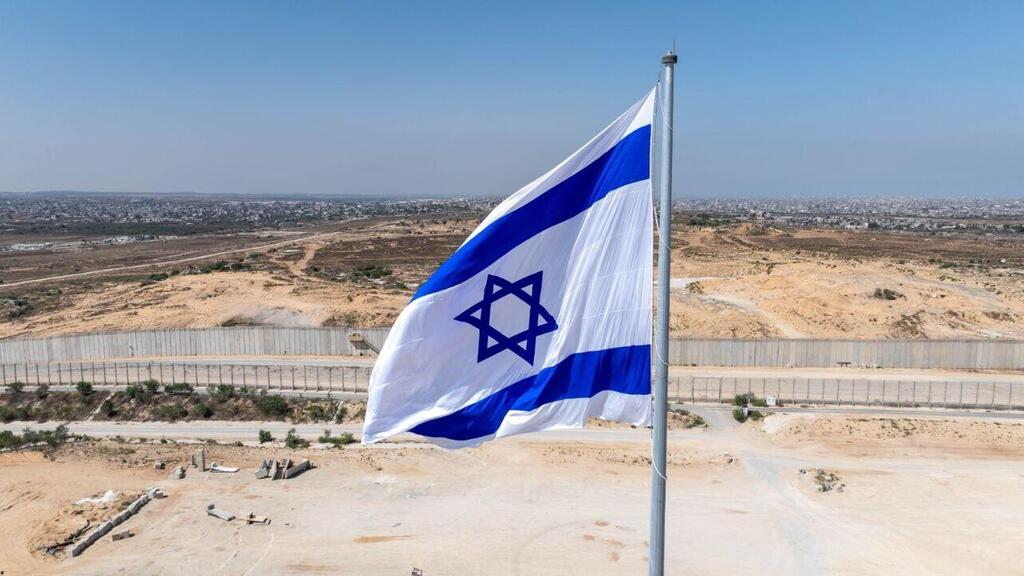Over the past few months, we’ve heard it on repeat. "Israel’s brain drain is real. Startups are leaving. The country’s losing its edge." And look, I get it. The uncertainty. The war. The politics. It’s enough to shake anyone’s confidence. But here’s the thing they’re not talking about: While some were booking flights out, others were packing bags in. They weren’t leaving. They were coming home.
I met three of them. Three tech professionals - builders, investors and doers - who decided that now, not later, was the time to make aliyah. During the war. With sirens overhead and headlines screaming doom, they moved to Israel not because it made sense on paper, but because it made sense in their soul.
Those who stay despite the challenges
Let me start with Meir Cohen. Meir grew up in Queens. A tight-knit Jewish community. Shul. Shabbat. Zionism. It was in his blood from the beginning. At 18, he made aliyah. Paratrooper in the IDF. IDC grad. Then, straight into the world of venture capital. Today, he’s an investor at Greenfield Partners, one of the firms helping shape Startup Nation’s next generation.
When October 7 hit, Meir didn’t hesitate. “There was fear, there was pain,” he told me. “But this was a moment to stand up, not step away.” That line hit me like a truck. This guy could’ve been anywhere. He speaks fluent English and Hebrew. Could’ve worked in New York, London, Singapore - you name it. But he chose to stay here, and not just stay, but double down. Why?
Because when rockets fly and the world turns its back, that’s when you learn what it means to be part of Am Yisrael. Meir isn’t here for the exits or the hype. He’s here to build. Startups? Sure. But also a nation. A future. A home.
And then there’s Bat-Elle Kaplan. Let me tell you something about Bat-Elle. She’s not just tough - she’s Israeli tough. Born in Sydney to Israeli parents. Moved here solo at 16 through Naale. Served as a medic in the 188th Armored Brigade. Lived on Kibbutz Nir Oz. Yes. That Nir Oz. She left Israel once. Tried the “comfortable” life in Australia. Built a successful career in recruitment. But when October 7 happened, everything changed.
She flew in for a quick two-week visit. Two weeks. She never left.“I came for a visit,” she said, “but from the moment I landed, something shifted.” I don’t think she even needed to explain. I knew exactly what she meant. It’s that quiet voice. That neshama whisper that says: "You’re not supposed to be there. You’re supposed to be here."
Despite the sirens, despite the war, Bat-Elle stayed. She joined Buildots, an Israeli-founded company making waves globally. And just like that - boom - she was back in Startup Nation. Back in the story. “I’ve been here before,” she told me. “I served. I’ve seen war. But this time felt different. This time I had to be here.”
<< Get the Ynetnews app on your smartphone: Google Play: https://bit.ly/4eJ37pE | Apple App Store: https://bit.ly/3ZL7iNv >>
Now meet Jessica Amado. Jessica didn’t make aliyah in the middle of the war - she got here before it. In 2019. But her story is no less powerful. Originally from London, Jessica moved to Israel to pursue a master’s in Government with a specialization in counterterrorism. She could’ve picked anywhere. But something inside her said: Go to Israel. Learn here. Live here. Be here.
And when October 7 hit? She wasn’t in the country. She had just landed in London the day before. And while most people would’ve felt safer being “back home,” Jessica felt sick. Her boyfriend was called up that morning. Her family was still in Israel. And the world around her - the one she grew up in - wasn’t just silent. It was complicit.
Ripped hostage posters. Excuses for terrorism. “Devil’s advocate” debates about the slaughter of innocent Jews. Jessica didn’t hesitate. She flew back. Stayed rooted. And kept building - in tech, in content, in truth. Today, she’s at Seemplicity, helping change how companies think about cybersecurity risk. But more than that, she’s showing up.
“This war made me less tolerant of neutrality,” she told me. “People try to intellectualize terror. I’m done with that.” She’s not going anywhere. And if you ask her about the security situation? Strangely, that’s not even the hard part. It’s the Western apathy. The moral fog. The silence. Jessica chose Israel - not because it was easy. But because it was right.
This is what we don’t talk about enough. People like Meir, Bat-Elle and Jessica aren’t running. They’re returning. They’re choosing Israel even when it’s hard. Especially when it’s hard. So when the headlines shout about exits, let’s talk about entrances. When Twitter screams “brain drain,” let’s spotlight the brain gain.
Let’s remember that aliyah isn’t about spreadsheets and salary comparisons. It’s about soul. It’s about walking off the plane at Ben Gurion with tears in your eyes because you know - this is where you belong. And yeah, it’s not always easy. I say this all the time: Israel demands something of you. But it gives back tenfold.
You’ll wrestle with Bituach Leumi. Your landlord might ghost you. Hebrew bureaucracy is a sport. But... You’ll walk through Machane Yehuda on a Friday afternoon and feel electricity in the air. You’ll hear “Shabbat Shalom” from strangers. You’ll see a kid with payot playing soccer in the street next to a hi-tech CEO. And you’ll realize - this is what it means to be home.
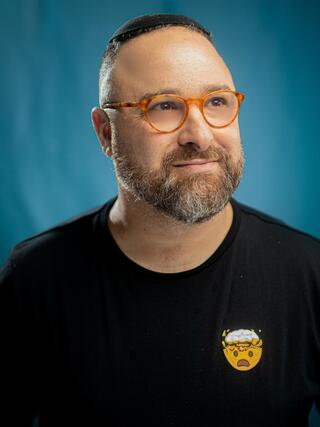 Hillel Fuld Photo: Courtesy
Hillel Fuld Photo: CourtesyTo Meir, to Bat-Elle, and to the thousands of others who made aliyah during wartime: You didn’t just move. You made a statement. Loud. Proud. Unshakably Jewish. You reminded us that Zionism isn’t a chapter in a history book. It’s not a slogan. It’s a daily decision. It’s showing up when it counts. It’s planting your feet in the ground and saying: “Hineni. I’m here.”
Hillel Fuld is a tech blogger, startup advisor and unapologetically proud Israeli. He tells stories that matter, especially when the world is too distracted to notice them.


